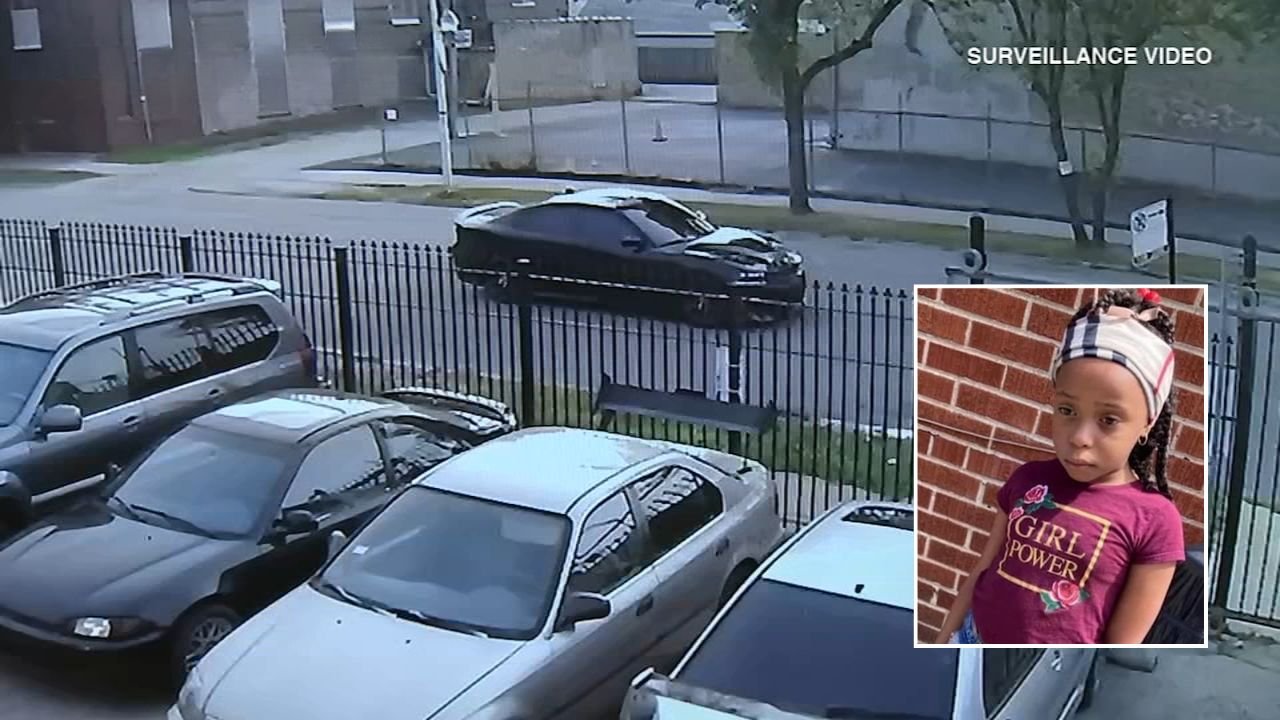ILLINOIS — Illinois health officials have confirmed the state’s first human case of West Nile virus for 2025, prompting renewed warnings for residents to take preventive steps as mosquito season enters full swing.
The case was reported in Wayne County, making it the earliest known human infection in the state since 2016, according to state health officials.
Virus Detected in Mosquitoes Across 19 Illinois Counties
The Southern Seven Health Department is actively conducting mosquito testing across the region. So far, West Nile virus has been detected in mosquitoes in 19 counties statewide, signaling a broader spread than usual for this time of year.
In 2024, Illinois reported 69 confirmed human cases of West Nile virus, with 13 fatalities, marking the highest count since 2018.
Community Outreach Coordinator Shawnna Rhine emphasized that the virus is only spread through the bite of an infected mosquito. This update was part of a report from KBSI FOX23 News.
Health Officials Urge Residents to Follow ‘Three R’s’
As there is no vaccine or specific treatment for the virus, public health experts are advising residents to stick to three basic strategies:
-
Reduce: Eliminate standing water where mosquitoes breed, such as buckets, tires, and clogged gutters.
-
Repel: Use EPA-approved insect repellents and wear long-sleeved clothing while outdoors.
-
Report: Inform local health departments of areas with heavy mosquito activity.
“We are in mosquito season and will be until about the middle of September,” Rhine warned. “If there’s a positive case in your county, be extra vigilant outdoors and keep an eye on your children and pets.”
Recognizing the Symptoms
West Nile virus often presents with flu-like symptoms, including:
-
Headache
-
Fever
-
Muscle aches
-
Nausea and diarrhea
-
Skin rash
Rhine noted that while many people may remain asymptomatic, any persistent symptoms should be evaluated by a doctor. “If they last more than a few days, contact your doctor for testing to rule it out,” she said.
Looking Ahead: Community Vigilance is Key
With summer temperatures rising and mosquito activity increasing, health officials stress community vigilance as the primary line of defense. Local mosquito control programs and public awareness efforts will continue throughout the season.
“Most people don’t show any symptoms, but if you do and they persist, don’t wait — get tested,” Rhine added.
How are you protecting your family this mosquito season? Share your tips and questions in the comments at ChicagoSuburbanFamily.com.












